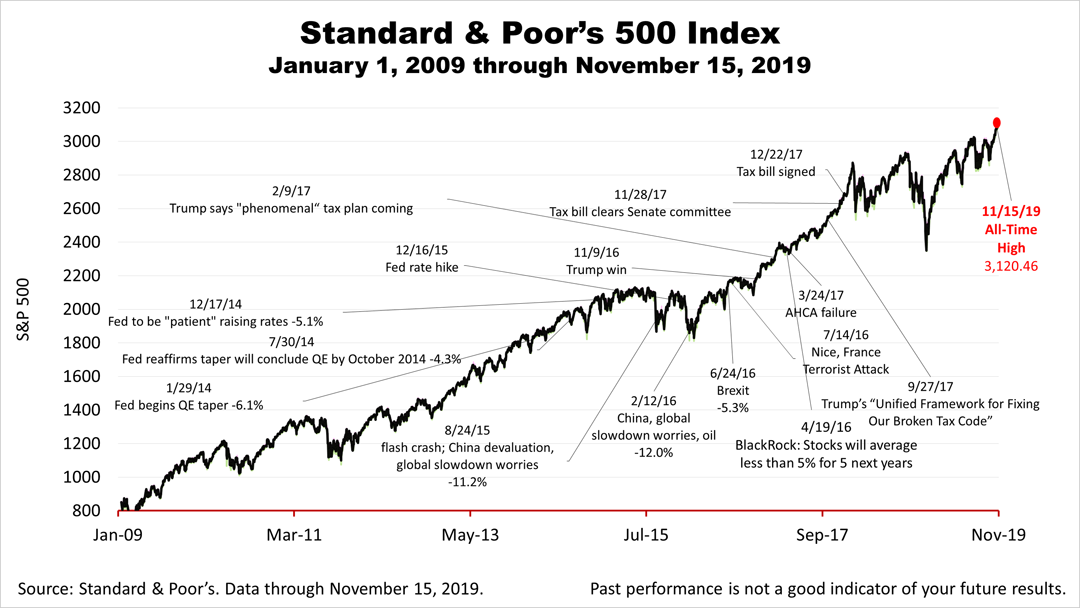Retirement Income Alert: Do You Own A $1 Million Plus IRA In A High Income-Tax State?
If you own a $1 million IRA account and live in a state with a high income-tax rate, here's a financial planning tip that could save you thousands annually on state income tax. The strategy requires setting up a trust in a state with no income tax, which is probably not something you do every day. So, here's a primer.
This is a new way to legally reduce your taxes and comply with current tax law, and a key principle driving the strategy recently was affirmed by a Supreme Court ruling. Basically, the non-grantor trust you would set up creates a new taxpayer in a state with no income tax. Then, the non-grantor trust distributes income. If you live in a state with an income tax, establishing the trust outside the reach of the state in which you live eliminates the state income tax you'd otherwise owe.
A recent U.S. Supreme Court ruling upheld the key principle behind the strategy. The June 21st, 2019 majority opinion of the Court ruled against the state of North Carolina, which had argued that Kimberly Rice Kaestner, the beneficiary of a North Carolina trust, owed the state tax on income she received through the trust. The North Carolina trust had been set up by her father, Joseph Lee Kaestner III, a New York resident, in 1992, with Ms. Kaestner named as one of the beneficiaries. In 1997, Ms. Kaestner moved to North Carolina and many years later the state assessed an income tax on the trust, citing a law authorizing North Carolina to tax any trust income for the benefit of a state resident.
The Court rejected North Carolina's argument, saying it had violated the Fourteenth Amendment's due process clause, since the beneficiaries had no right to demand the income from the trust and are uncertain to receive it. In fact, the trust had paid no income to the beneficiaries in the years for which North Carolina claimed taxes were owed!
This strategy is particularly timely because of a looming reform to the federal tax law. The tax proposal, which is widely expected to be signed into law by the end of 2019, requires that distributions of income from IRAs you leave to non-spouse beneficiaries— your children and other loved ones— be distributed over 10 years. This would prevent your heirs from taking minimum annual distributions based on their life expectancy on inherited IRAs— a popular strategy known as a "Stretch IRA." By utilizing a trust to move the IRA distributions to a state with no income tax, your beneficiaries avoid state income tax on those required distributions of income on inherited IRAs.
Why does this advisory merit urgent attention of individuals with IRAs exceeding $1 million in high income tax states, even though the proposal may not be signed into law until the end of the year? The answer: Because both chambers of Congress and President Trump have expressed support for the reform.
This aspect of retirement income planning is fraught with complexity. New York and California recently enacted laws adversely affecting non-spouse beneficiaries residing in states with an income tax. Please contact us with questions about this topic, as this strategy requires personal advice from a qualified tax professional.






